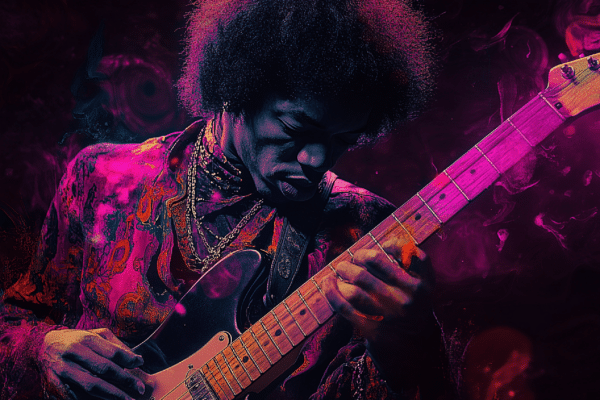As AI technologies, such as LegalFly or Diligent AI among many others, redefine due diligence processes and contract analysis, the M&A deal landscape is undergoing a transformative shift to a more streamlined and efficient process.
The integration of AI into the due diligence phase of M&A transactions is set to generate efficiencies. While manual review of countless documents used to be an obstacle, lawyers can now use AI to conduct thorough investigations at greater speed.
AI tools can quickly identify key details in a large number of contracts and documents, significantly reducing the time spent uncovering potential problems in documents.
AI is also radically changing the negotiation and contract creation phases. With AI's analytical capabilities, lawyers can quickly assess the strengths and weaknesses of the target company, including legal risks that could affect valuation. Thus, legal teams can negotiate more effectively based on data.
In addition, artificial intelligence technology also generates texts of sales contracts and other documents. For it is able to analyze large data sets to identify patterns and trends and facilitate the tailoring of contracts to the specific requirements of each transaction.
Adopting AI
The adoption of AI in legal practice is not without its challenges, particularly with regard to data privacy and transparency (in addition to the obvious need for human intervention to review the outcome). However, initiatives to address these issues are paving the way for the ethical use of AI in legal processes.
The integration of AI into the M&A due diligence process represents a significant advance in legal technology and promises a future in which the practice of law is more efficient and strategic. The advancement of AI technologies may revolutionize certain aspects of M&A transactions. And now is the time for lawyers to embrace AI and ensure they remain at the forefront of digital transformation in the legal sector.






